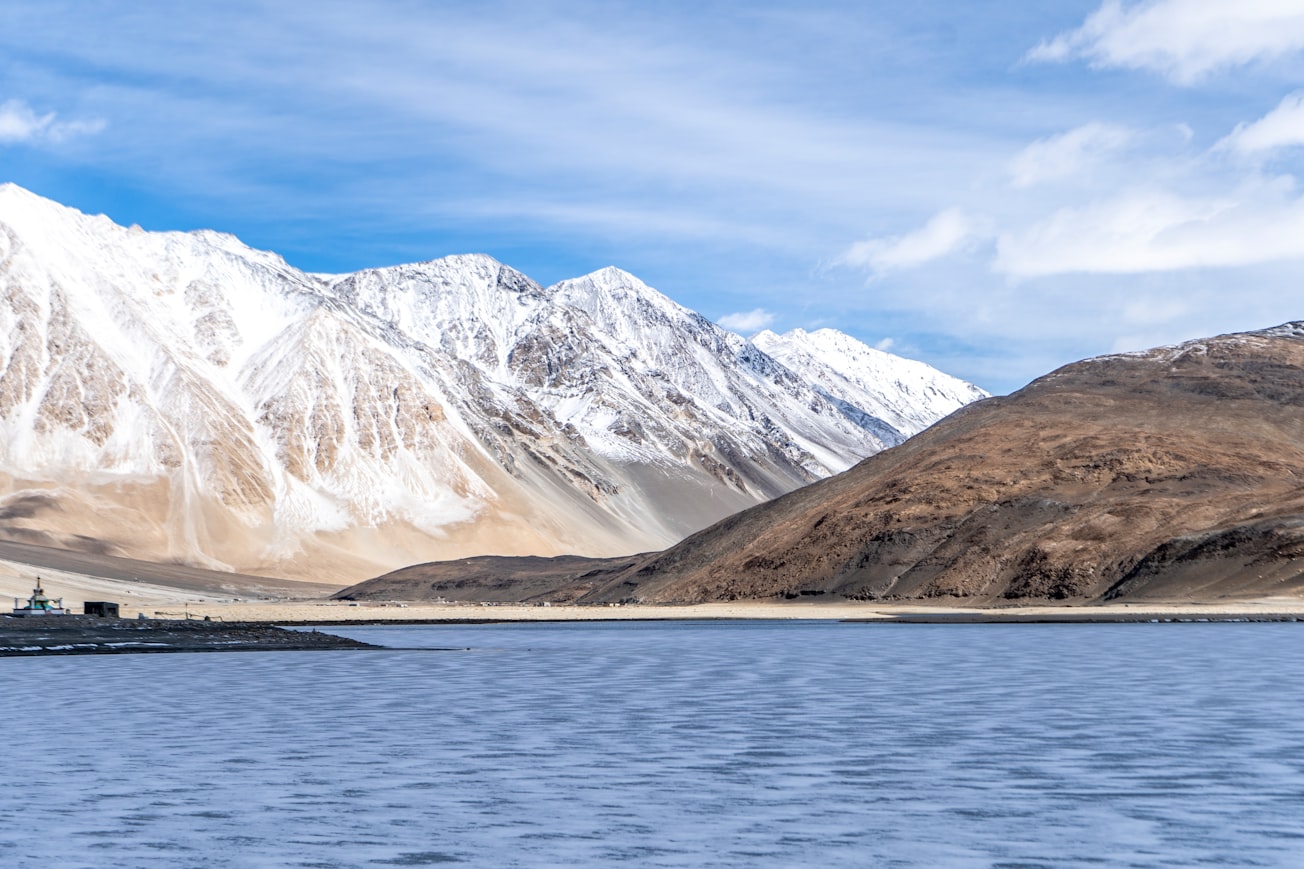What is it about?
Water is a valuable natural resource. We need to it to live – and it has economic value, too. This means it often causes political conflicts. To avoid conflict, we need to be fair about how we share water – particularly when several countries rely on the same water source. One example of how countries manage this is the Indus Waters Treaty (IWT) between India and Pakistan. The Indus is one of the longest rivers in the world. The Treaty is an international legal agreement about how water from the Indus is shared between India and Pakistan. The Treaty has been in place for over 60 years, but it is now at risk. Demand for water has increased – but climate change is causing glaciers to melt, and there is less water going into the Indus river system. This project looked closely at the Treaty, focusing particularly on the sections designed to help resolve conflict.
Featured Image

Photo by Yogendra Singh on Unsplash
Why is it important?
Water-related conflicts can threaten international peace and security. Good management of water resources is needed to ensure that such conflicts do not grow. Both countries need to work together to ensure that climate change does not put the Treaty at risk. This will take some negotiation and it is important that each country’s needs are understood. KEY TAKEAWAY: Climate change can cause problems that may escalate to international conflict. It’s important that we see the warning signs and act on them.
Read the Original
This page is a summary of: Sixty Years of the Indus Waters Treaty in the Era of Climate Change: A Look Ahead in Hydro-diplomacy and Treaty Law, Environmental Policy and Law, July 2021, IOS Press,
DOI: 10.3233/epl-210013.
You can read the full text:
Resources
Women Vulnerable to Violence During and After Climate Change-Related Disasters
International organizations need to work quickly to develop or adopt action plans focused on reducing sexual violence against women during and after climate change-related disasters.
Climate Change Knowledge Cooperative
Explore the wider collection of climate change research summaries.
Contributors
Be the first to contribute to this page







